/www.boston.com/bigpicture
As officials desperately tried to prevent disaster at a damaged nuclear facility, hopes faded for finding survivors amid the rubble as snow and cold blanketed the areas most affected by the earthquake and tsunami in northeast Japan. Residents were allowed back into damaged areas for the first time since the disaster to inspect what might be left of their homes. And flights out of Japan were full as foreign nationals and others left the country. The Big Picture continues special daily coverage of the disaster through tomorrow, with later updates anticipated as events merit. -- Lane Turner (27 photos total)

Sixty-six-year-old Yoshikatsu Hiratsuka cries in front of his collapsed house with his mother still missing, possibly buried in the rubble, at Onagawa town in Miyagi prefecture on March 17. The official number of dead and missing after a devastating earthquake and tsunami that flattened Japan's northeast coast is approaching 15,000, police said. (Yomiuri Shimbun/AFP/Getty Images)
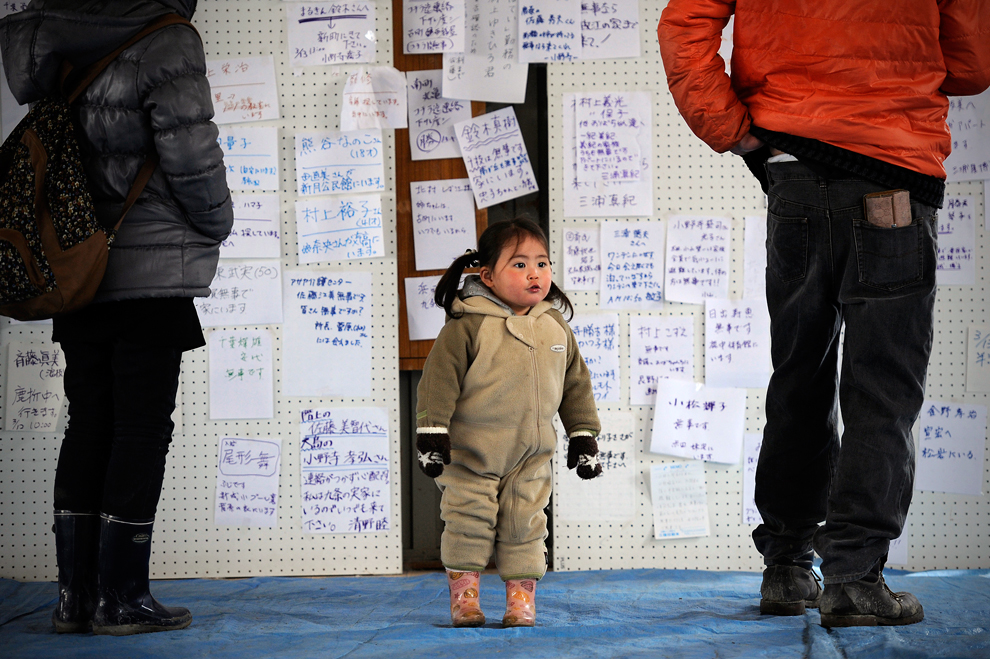
Survivors check a message board at a shelter for earthquake victims in Kesennuma on March 17. Half a million evacuees struggled to stay warm as rescuers said their efforts to help the devastated population were at risk, almost a week after the 9.0 magnitude quake and massive tsunami hit. (Philippe Lopez/AFP/Getty Images) #
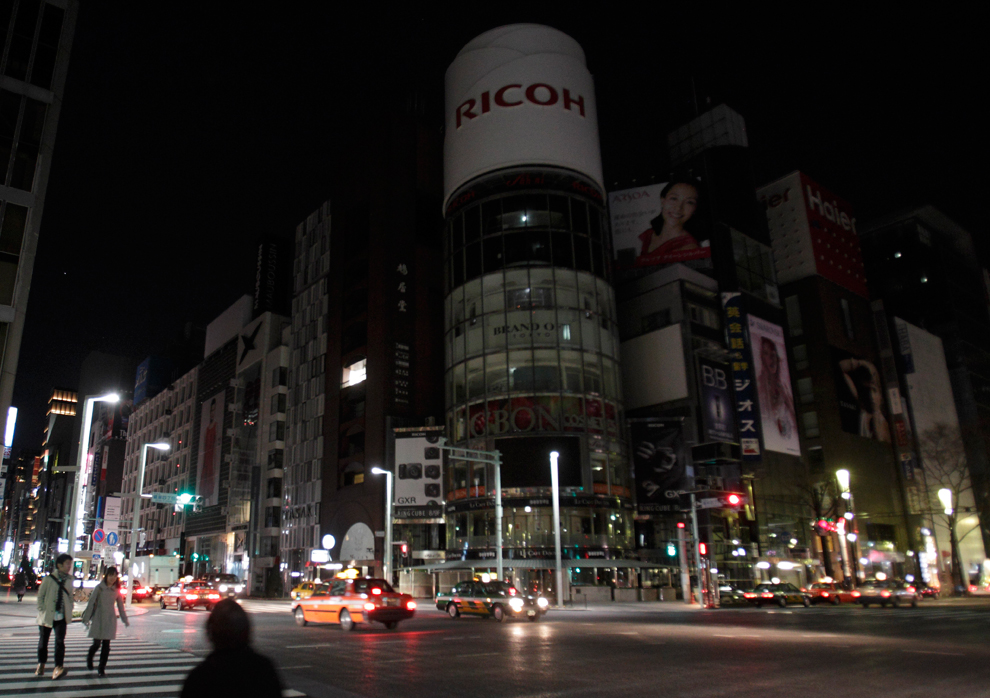
A couple cross a large intersection in front of blacked out light displays in Tokyo's Ginza district March 17. In the famous shopping mecca - and elsewhere in the nation's capital - public apprehension over a brewing nuclear disaster is draining the streets and stores of the crowds that normally define this dynamic, densely packed city. (Gregory Bull/AP) #
More links and information
High Radiation Severely Hinders Emergency Work to Cool Japanese Plant - NYTimes.com, 3/17
Japan: Continuing crisis - The Big Picture, 3/16
Japan: New fears as the tragedy deepens - The Big Picture, 3/15
Japan: Vast devastation - The Big Picture, 3/14
Japan: Earthquake aftermath - The Big Picture, 3/12
Massive earthquake hits Japan - The Big Picture, 3/11
Tsunami - Wikipedia entry
Sphere: Related Content
![Validate my Atom 1.0 feed [Valid Atom 1.0]](valid-atom.png)





















































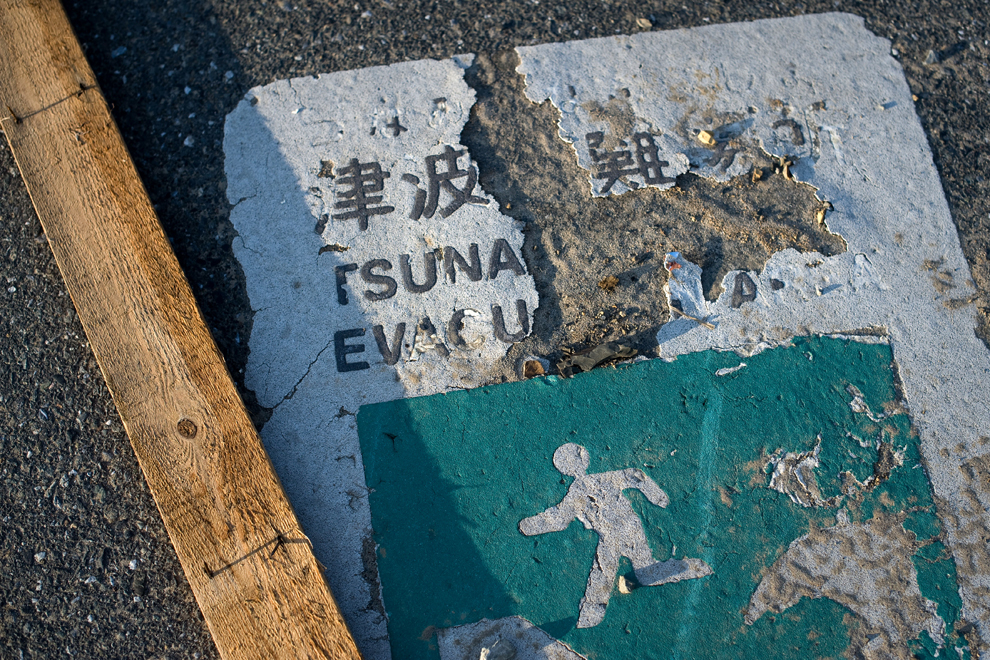
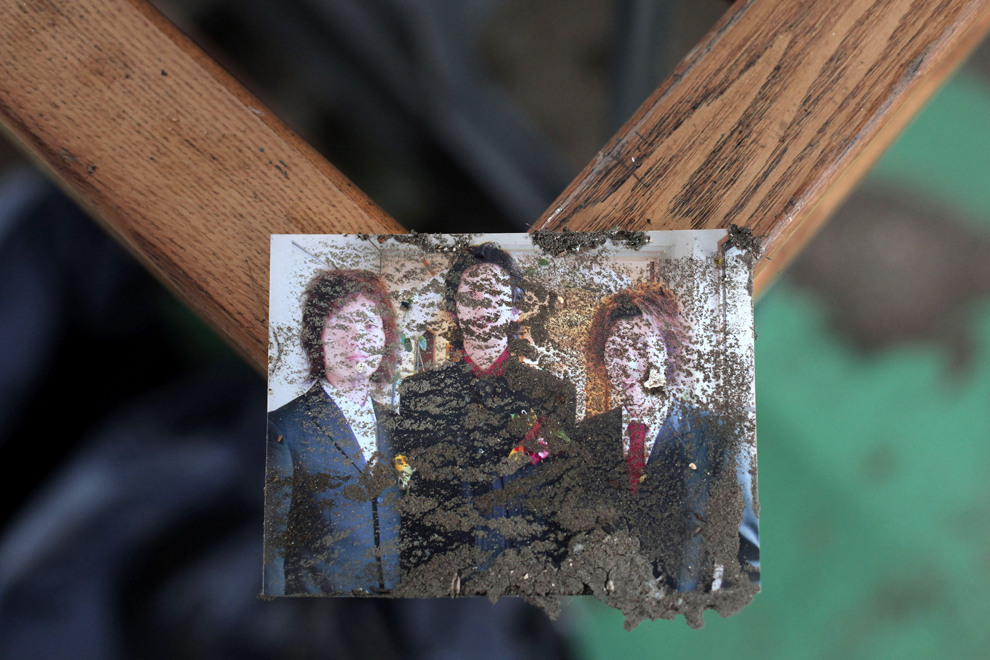

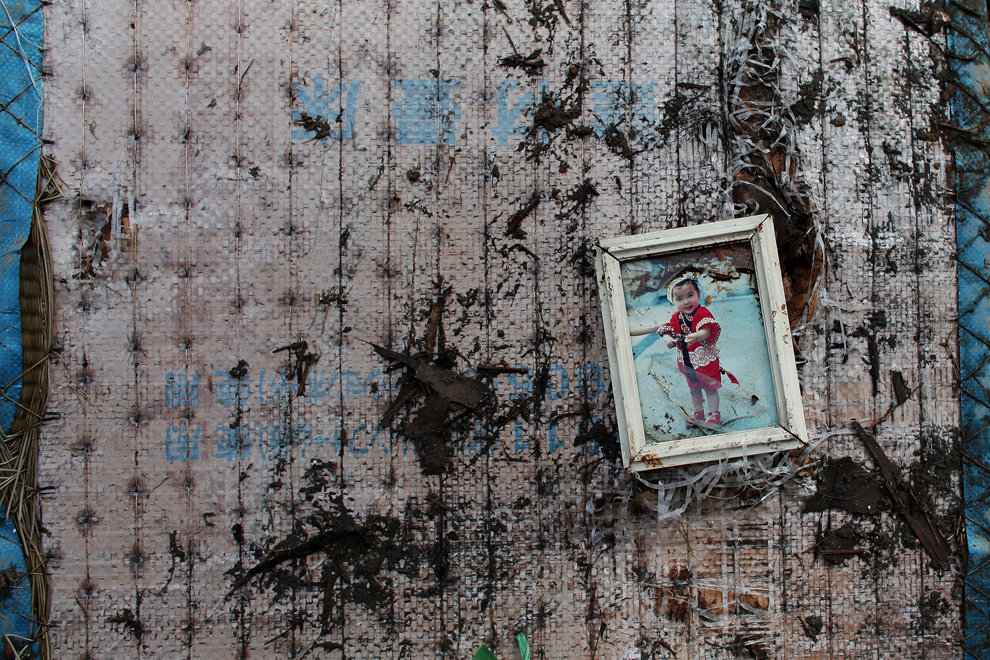
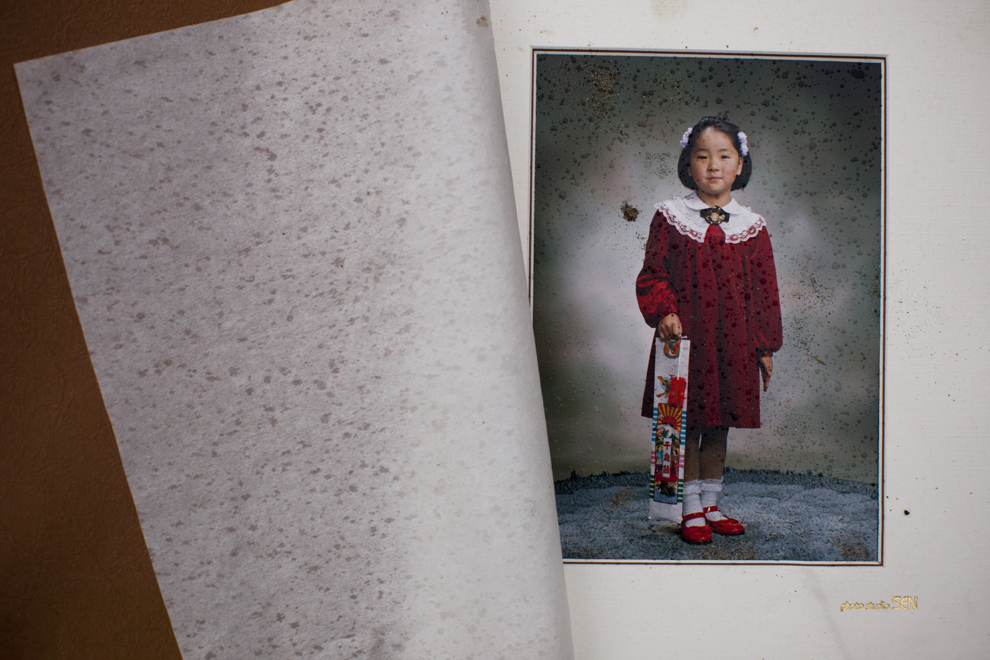
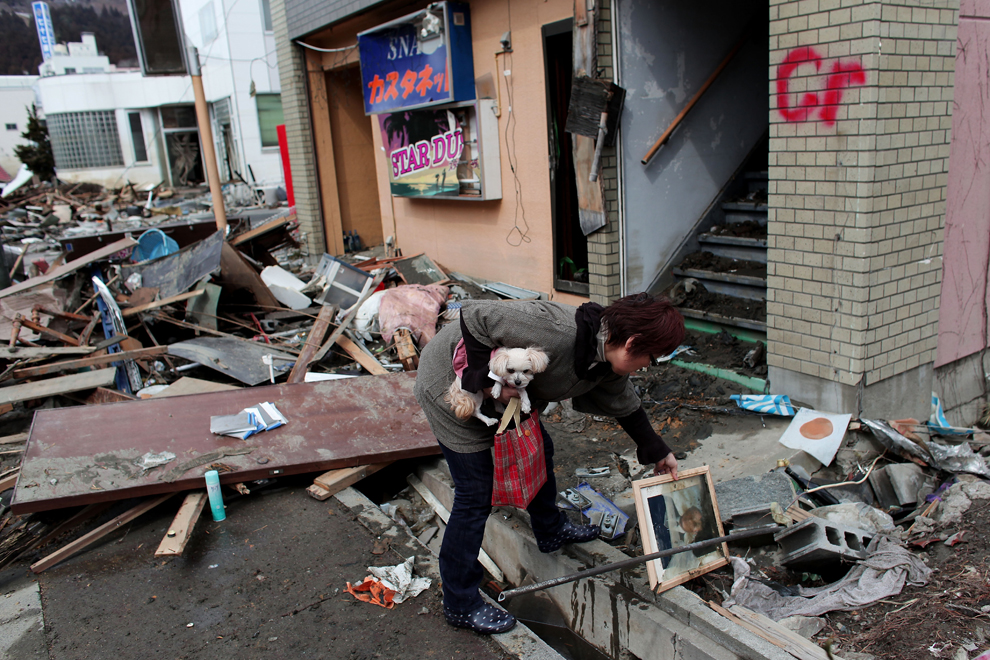
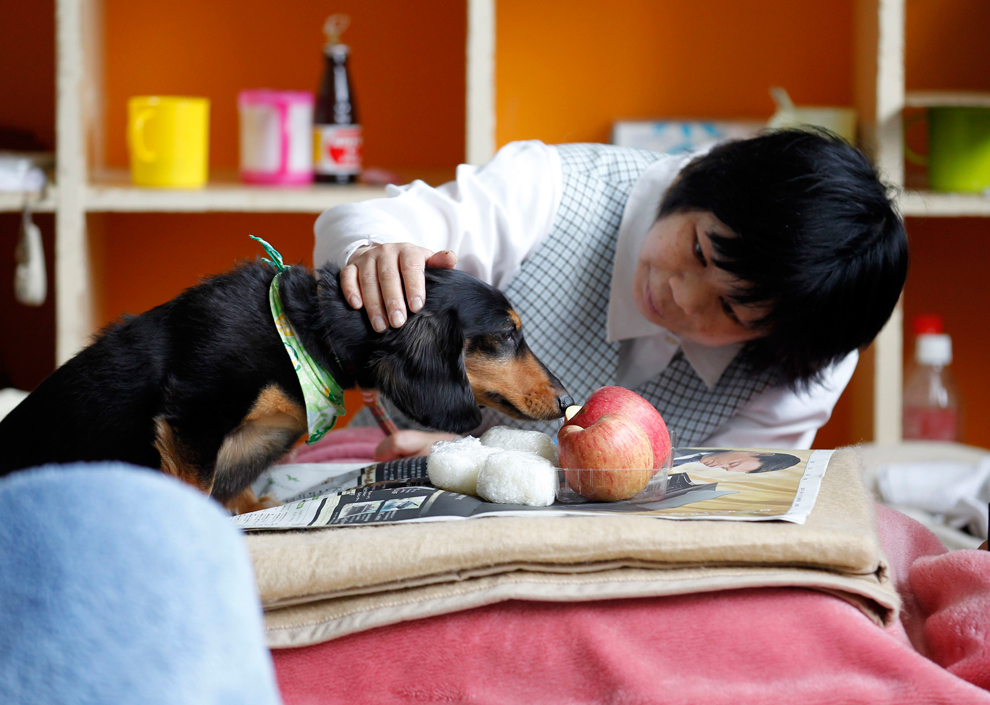
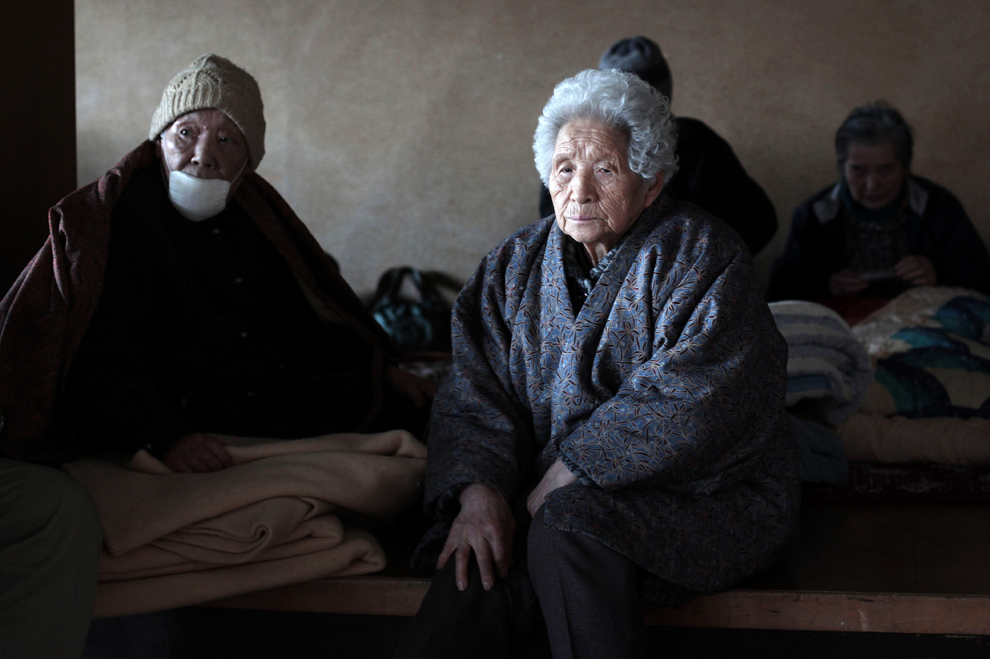
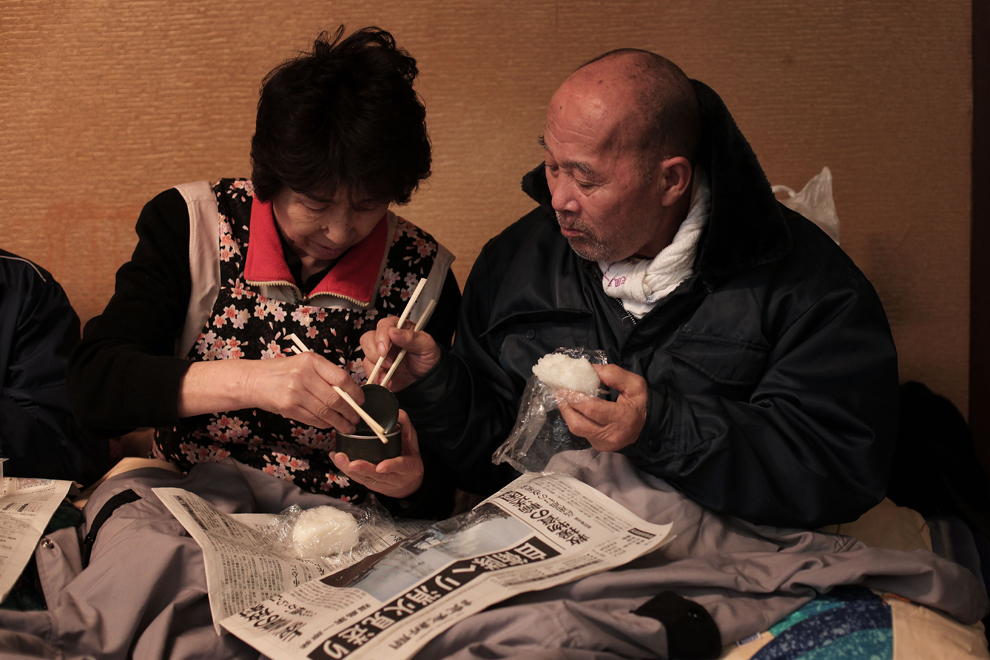
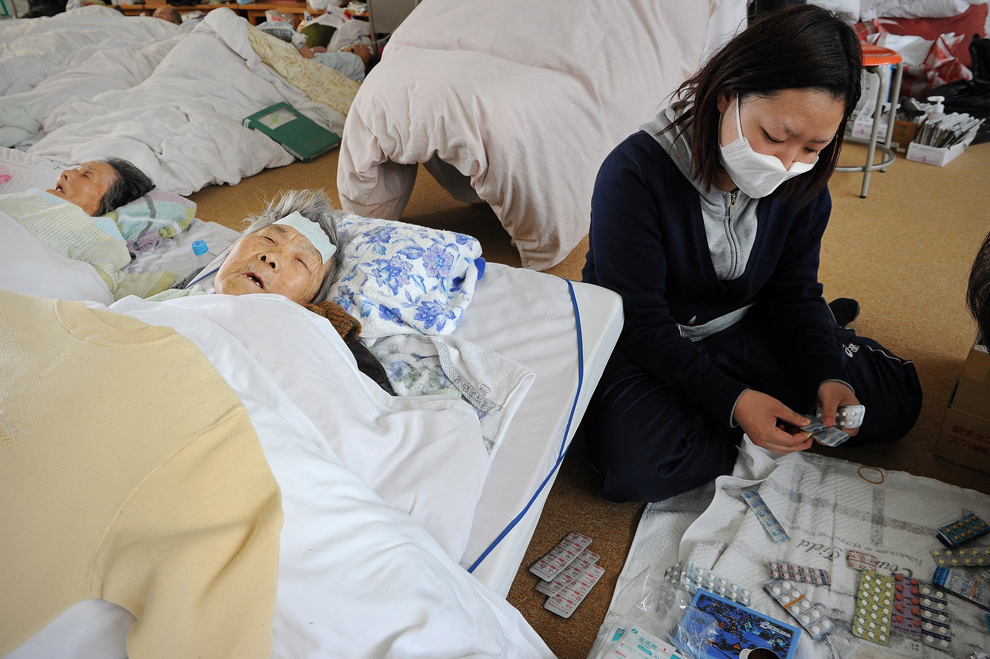

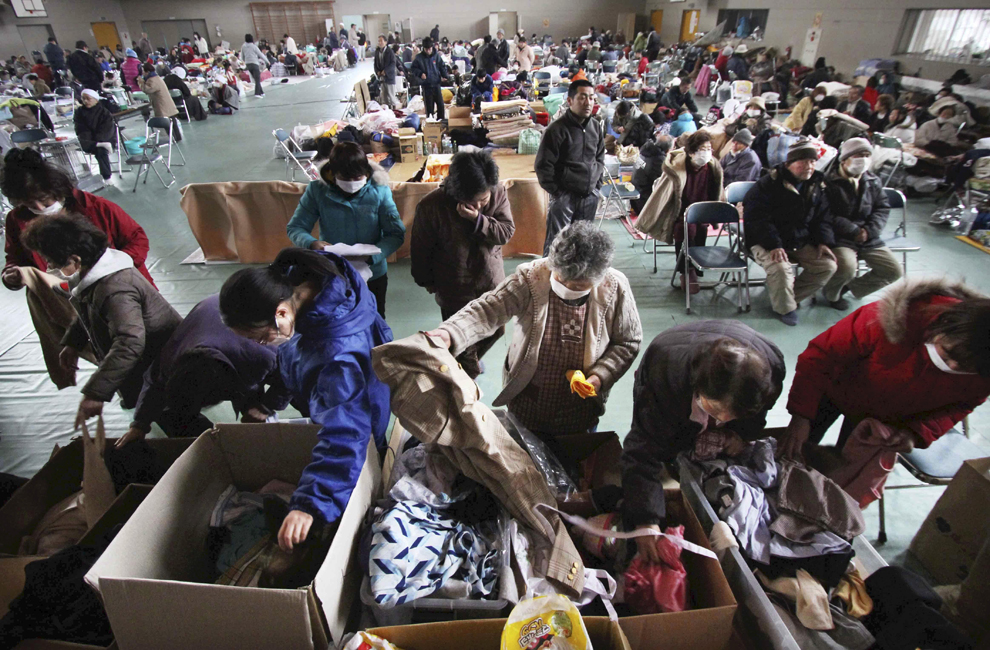
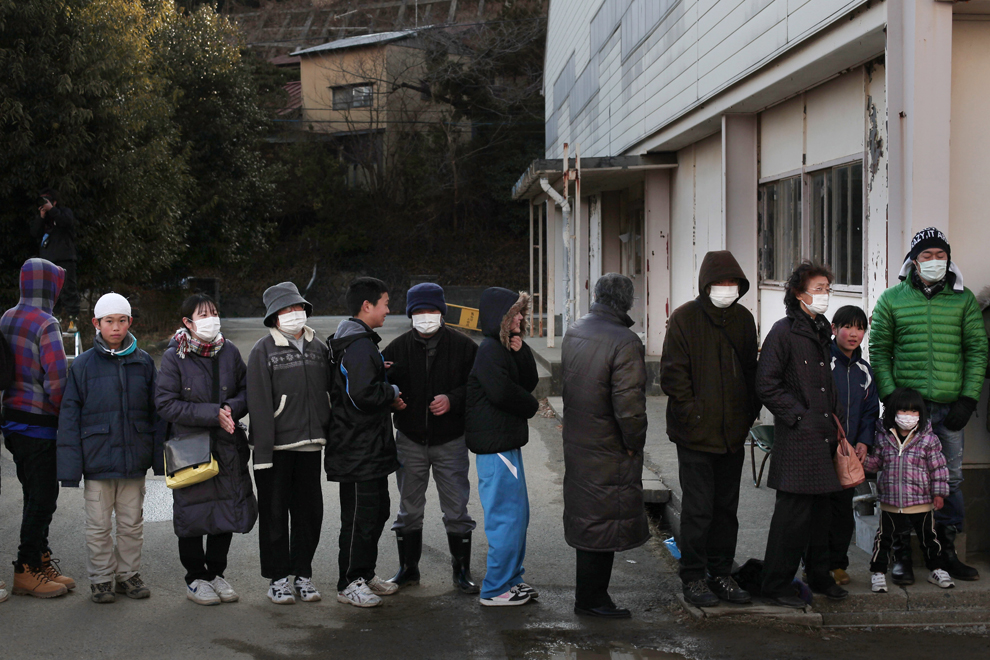
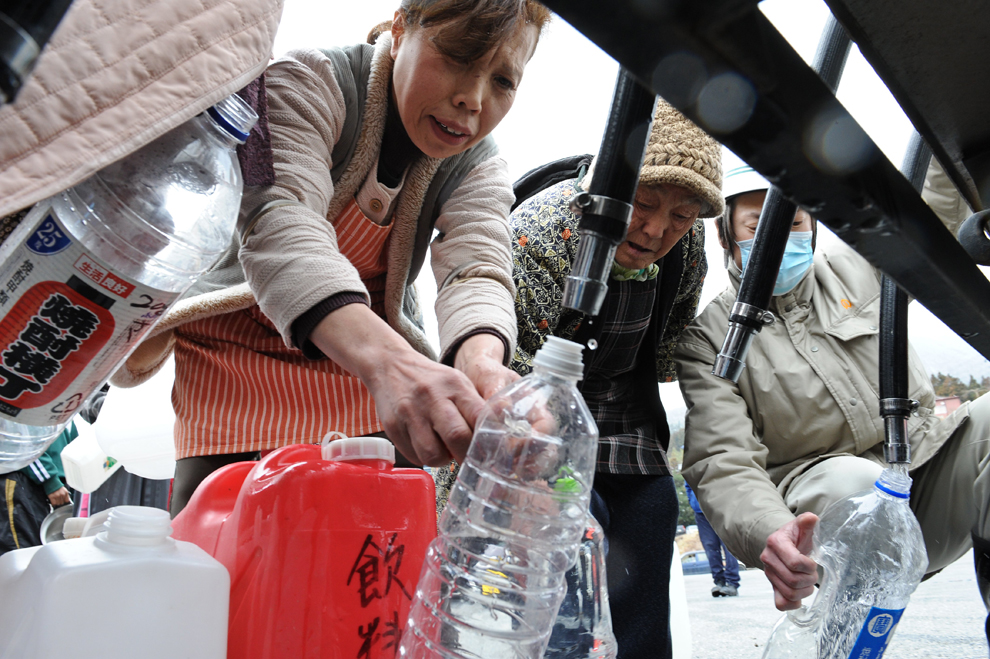
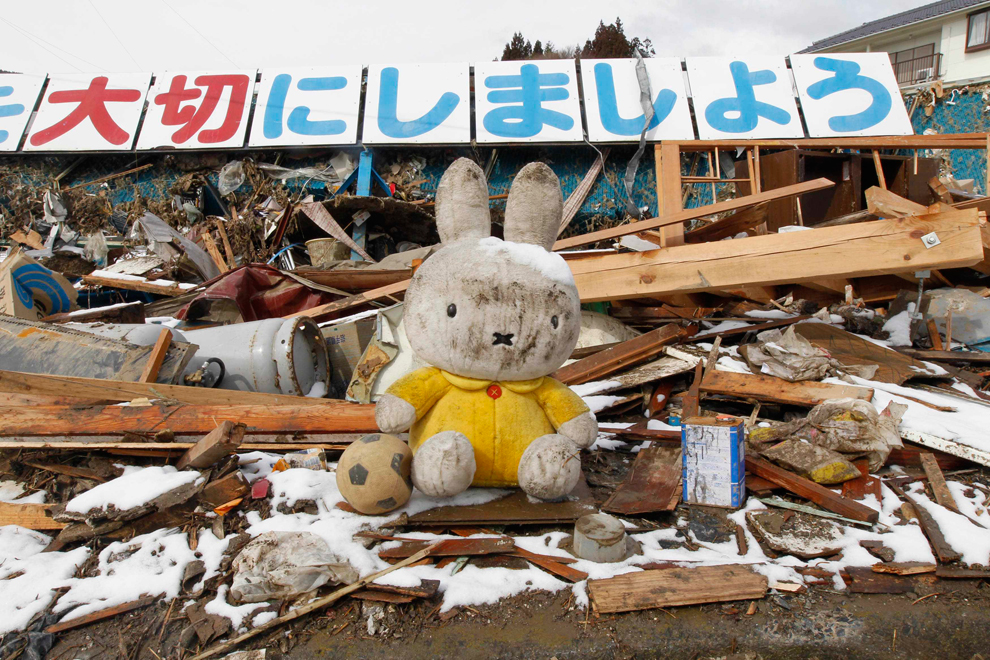
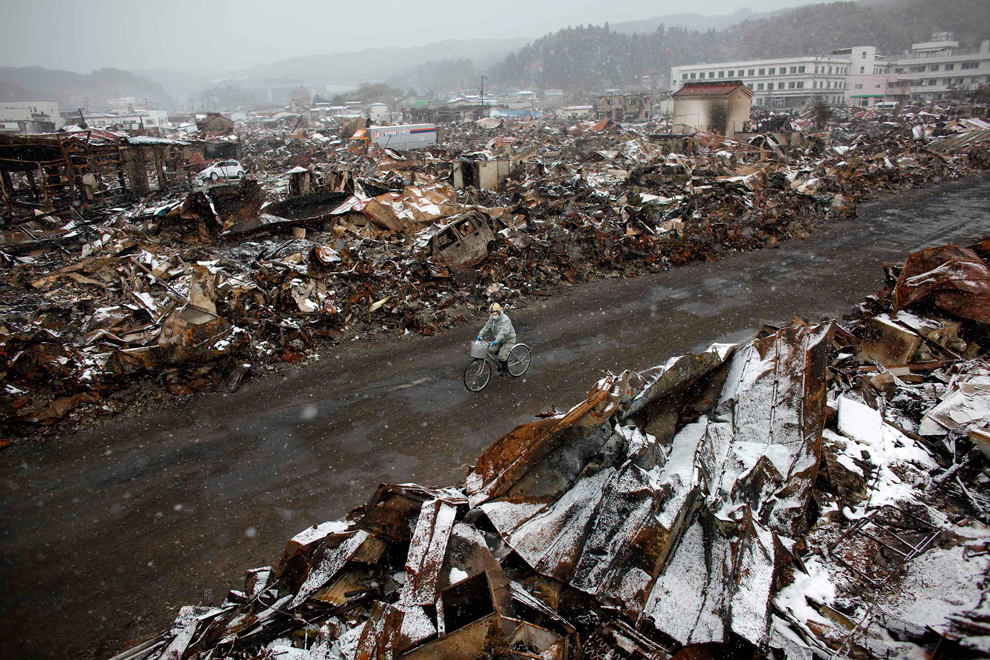
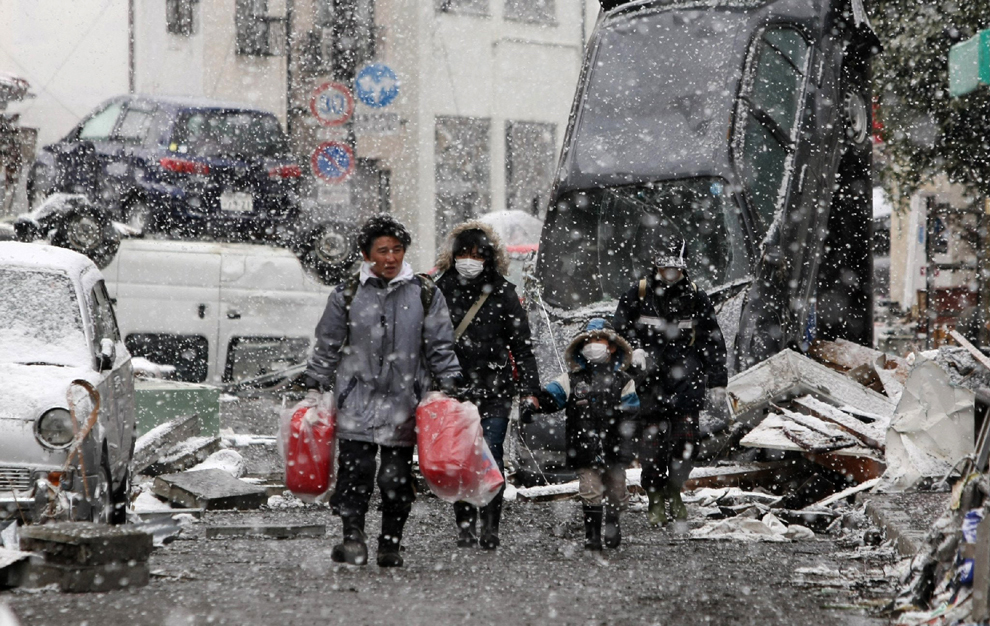
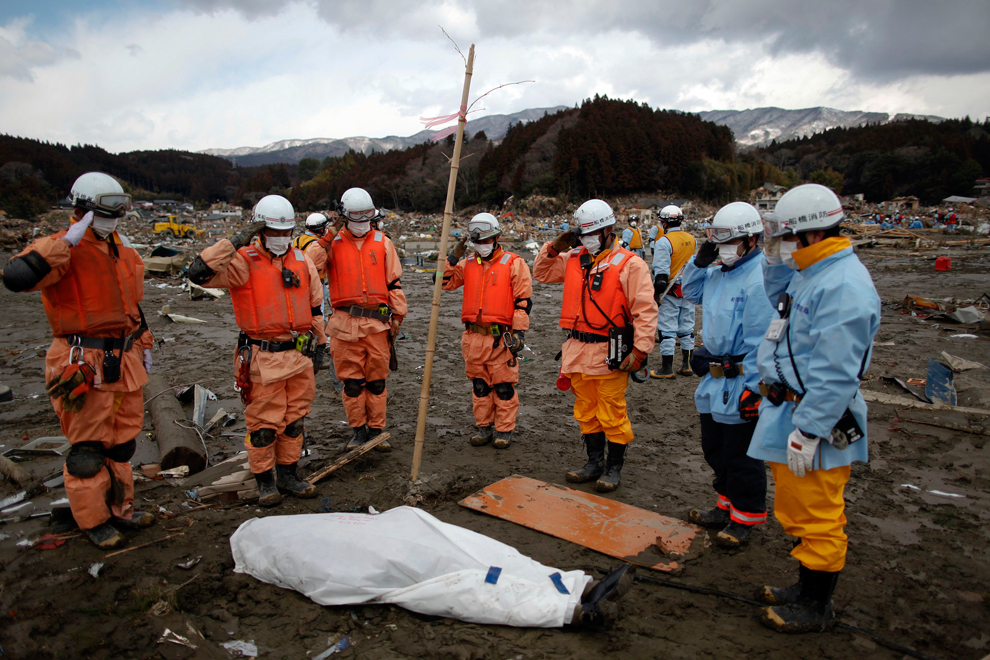
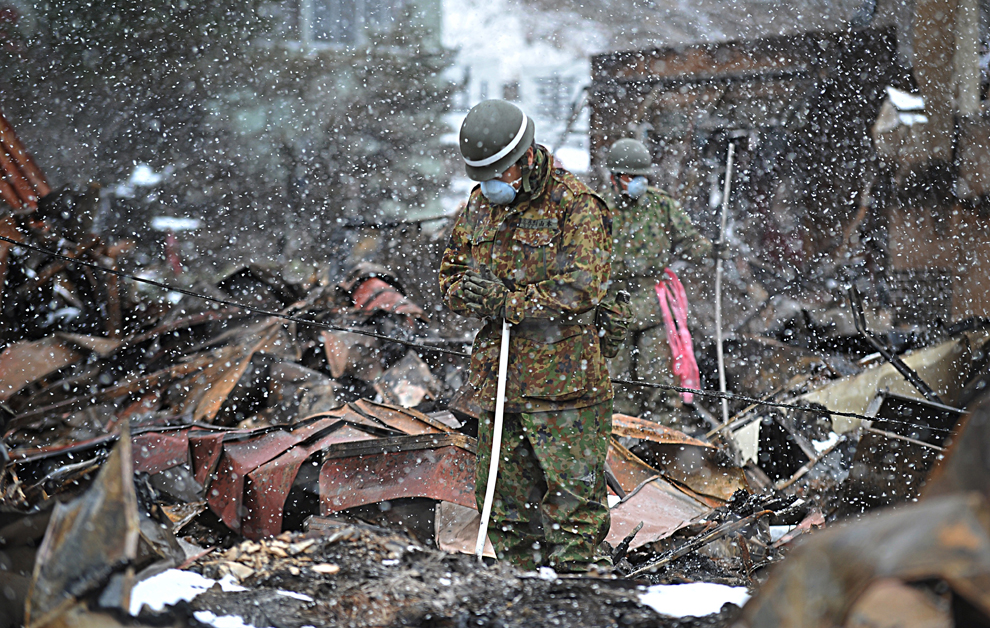
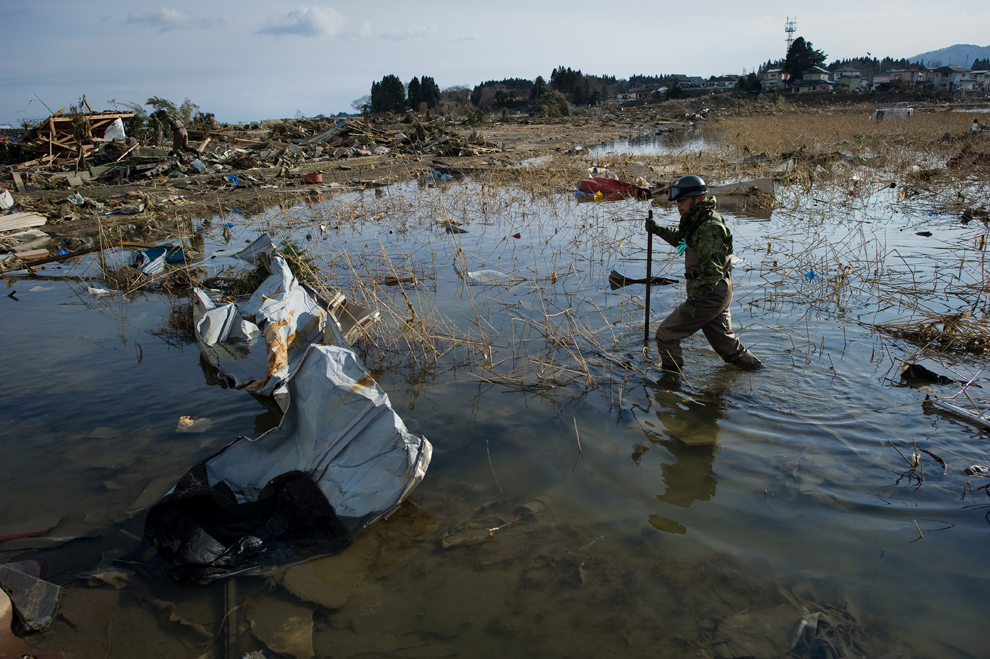
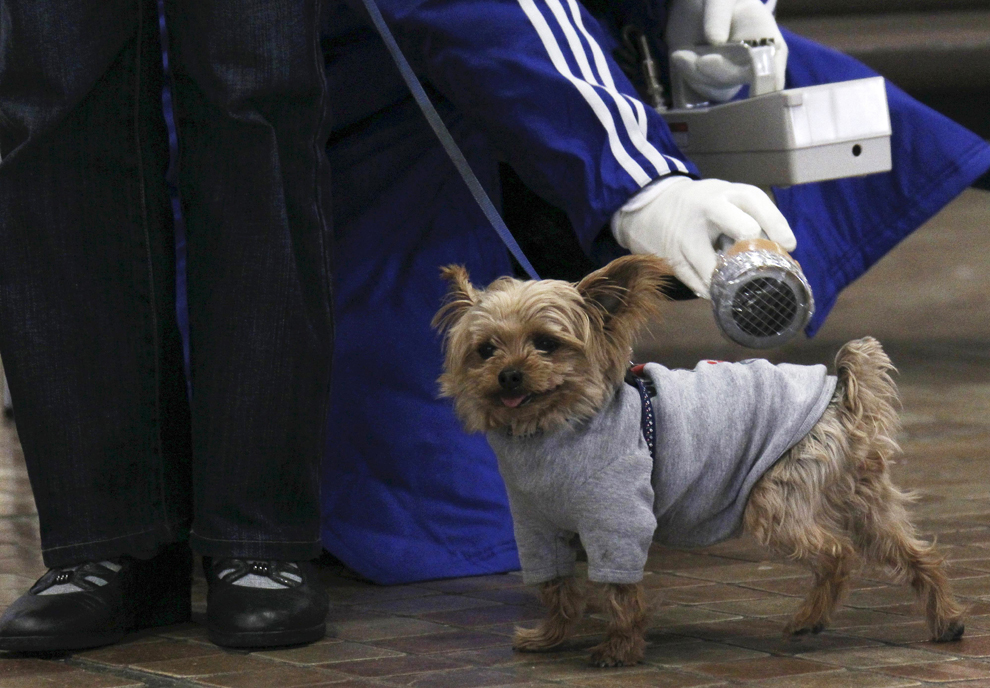
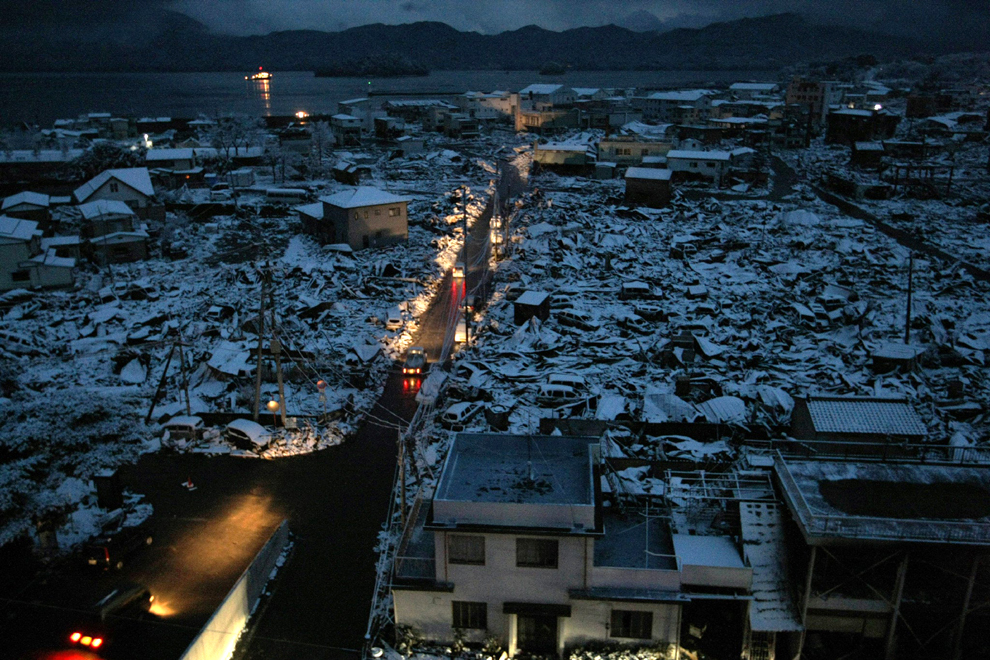
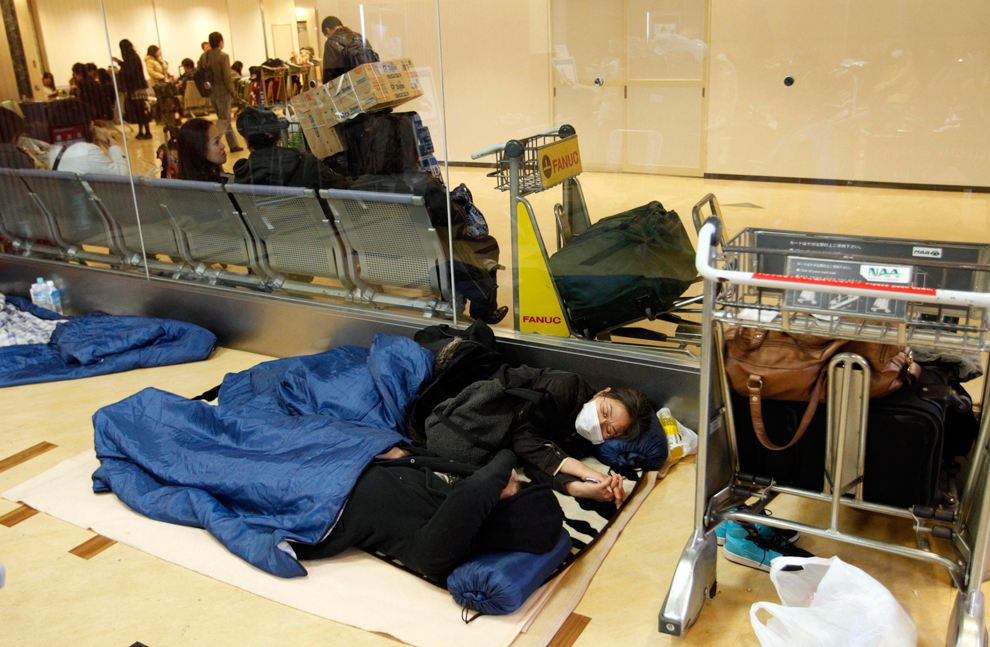
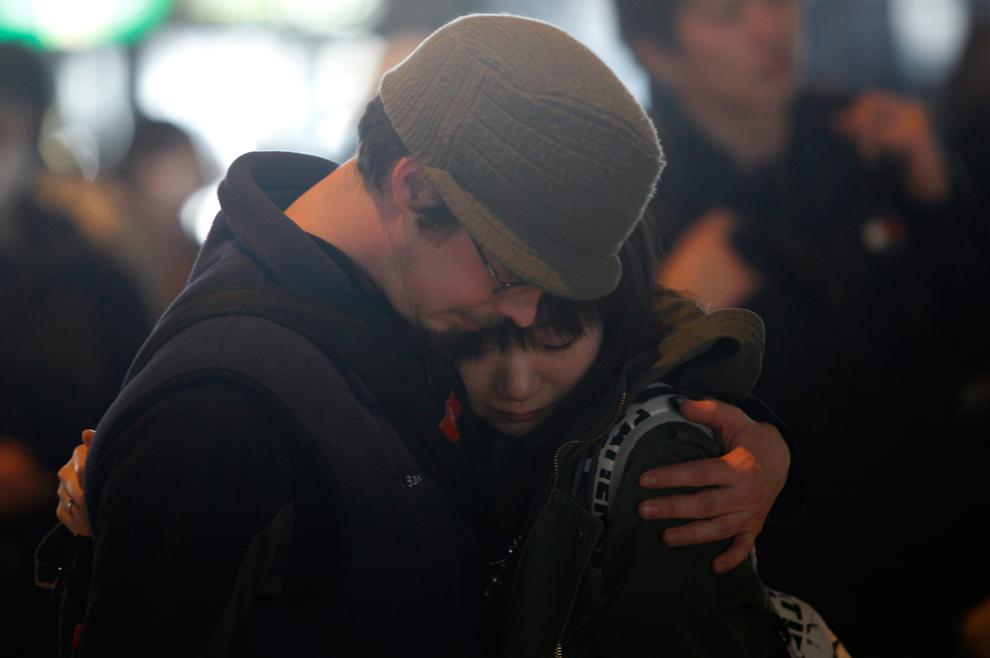



Nenhum comentário:
Postar um comentário